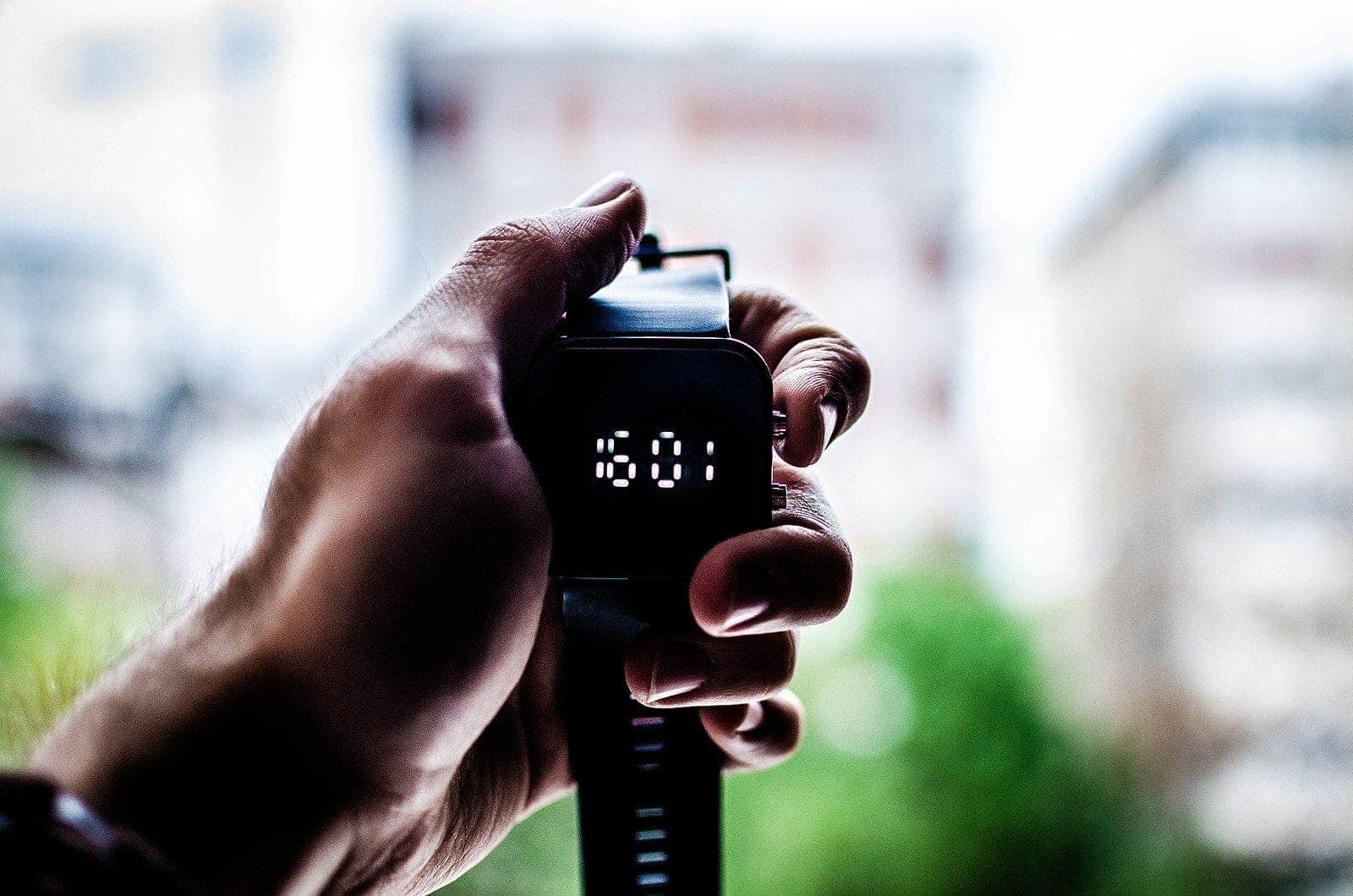

‘Since most interactions have become inherently economic in nature, time really is money.’
What is modern society’s most valuable resource? The answer, of course, is time. It modulates our every interaction. And, since most interactions have become inherently economic in nature, time really is money. Distances, once measured in miles, are now calculated in minutes.
You know how long it takes to get from your home to central London, or even from London to Amsterdam, but most likely you’re unaware of how far it is. If you have money and can afford to get a taxi rather than the bus, you will arrive quicker to your destination. This is nothing new.
What is modern society’s most valuable resource? The answer, of course, is time. It modulates our every interaction
What has changed in our lifetime is the ability to travel practically anywhere in the world in less than a day. Until two months ago, it was quicker, and often cheaper, to get from Birmingham to Budapest than from Brighton to Bristol. In terms of time, and money, international air travel turned the world into a country and countries into worlds.
The lockdown has inverted this conversion at an alarming rate. With no bike or car, no Uber or tube, the only way to get around is on foot. The other day I walked from my house to the river. It took an hour. London finally is its own planet.

‘In terms of time, and money, international air travel turned the world into a country and countries into worlds.’
So, what happens if we can’t rush about the place, shedding pounds as we go? The economy grinds to a halt. And, what happens if we suddenly have a surplus of time, when it’s no longer tied to how long it takes to get somewhere, to do something, and to get back home again? Its economic value plummets.
Two wood pigeons have been building a nest outside my kitchen window. They are salubrious looking things, about as far away from their scarred street cousins, cosmetically at least, as the Lake District is from Shepherd’s Bush Green.
So, what happens if we can’t rush about the place, shedding pounds as we go? The economy grinds to a halt
I don’t know if their choice of location is due to newfound circumstantial boldness. But their construction project, taking place within arm’s reach of mine and my neighbour’s windows, is certainly a brave one.
Every day for the past week, the fatter of the two has been collecting sticks. Once he, or she, has a nice pile, it begins ferrying them up to the other. This is a two-part process. First it flies onto a window ledge then, after a short stopover, up into the tree. After three days of metronomic labour, a small cluster had formed on a branch. Then it rained, hard. In the morning, the sticks had been returned to the ground. Thus began again the whole endeavour.

‘I’m amazed at how long it takes – 19 days, according to a cursory Google search. I hope the birds’ diligence will be rewarded.’
I felt sorry for the young couple but was secretly glad for the prolonged exhibit. I’m amazed at how long it takes – 19 days, according to a cursory Google search. I hope the birds’ diligence will be rewarded. It’s nice to have something to look forward to.
When I try to locate any of my own plans on the horizon, my gut whorls as I stare into the void. Right now, the schemes of mice look a lot more solid than those of men. Best to take it, as they say, one day at a time.
Weeks fly past while seconds stretch out before me. It takes half a morning to send one short email
Or maybe that should be one month. Time’s been turned upside down. Weeks fly past while seconds stretch out before me. It takes half a morning to send one short email. A trip to the supermarket requires days of planning. March and April 2020 will forever be lost months, while the prognosis for May isn’t looking too brill either. My calendar’s Gregorian rows have come to look mawkishly neat. We need a new instrument for measuring our days, perhaps a type of lava lamp? And a new metric too.
This has happened before in living memory. After Hiroshima, a new threat had entered the imagination, and there was no going back. In 1962, when Soviet vice admiral Vasili Arkhipov refused to fire on American naval forces in the Caribbean, he almost certainly averted what would have been full-scale nuclear war. Some historians have posited that since then, we’ve all been living on borrowed time, on Arkhipov Time.

‘In 1962, when Soviet vice admiral Vasili Arkhipov refused to fire on American naval forces in the Caribbean, he almost certainly averted what would have been full-scale nuclear war’
At the start of 2020, nuclear apocalypse wouldn’t even have made the A-side of humanity’s Greatest Threats collection. Still, not many commentators predicted then that the world would be so quickly and utterly transformed by a virus, by a kind of Covid-mania.
Most are in agreement now that the best way to combat this invisible enemy is to isolate ourselves and stay inside. Clean skies and silent battlefields prove that this solution would be effective in fighting more visible foes.
In effect, this resource has been nationalised. Now that some of it is back in your hands, spend it however you see fit
For most of human history, life wasn’t a race but a gestation, something to enjoy slowly rather than endure at breakneck speed. Slackening the pace engenders greater reflection. By mobilising its full financial machinery and transferring something to the people, the government has bought time.
In effect, this resource has been nationalised. Now that some of it is back in your hands, spend it however you see fit.
